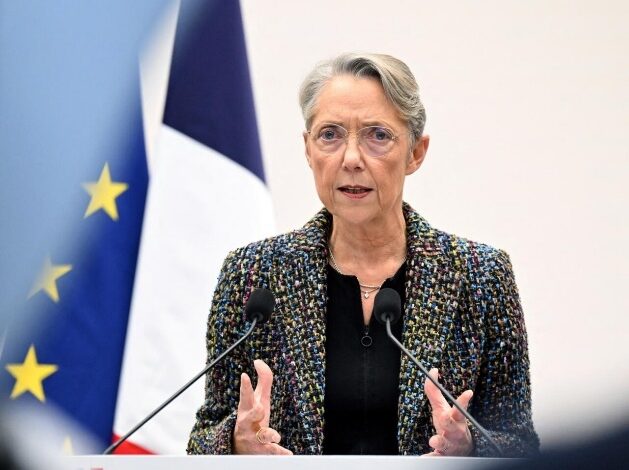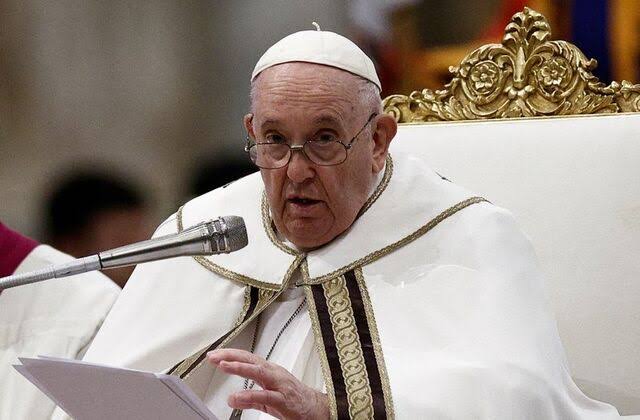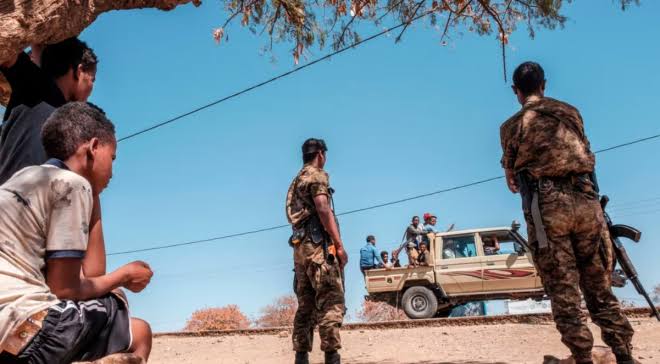
Faith Nyasuguta
According to a senior US official, Eritrean troops have still not yet withdrawn from Ethiopia contrary to what Ethiopian authorities’ claim.
Ambassador Linda Thomas-Greenfield, the US representative to the United Nations, says Eritrean forces only moved back to the border but still remain in Ethiopia.
She made the remarks at a weekend news conference while visiting the Kenyan capital Nairobi.
“With respect to Eritreans, we understand they have moved back to the border and they have been asked to leave,” she told reporters.
So far, Eritrean and Ethiopian officials have not yet reacted to the diplomat’s claim.
Days ago, locals on the ground confirmed seeing convoys of Eritrean troops leaving towns in the war-torn region of Tigray but others said the foreign forces were still present in some areas.
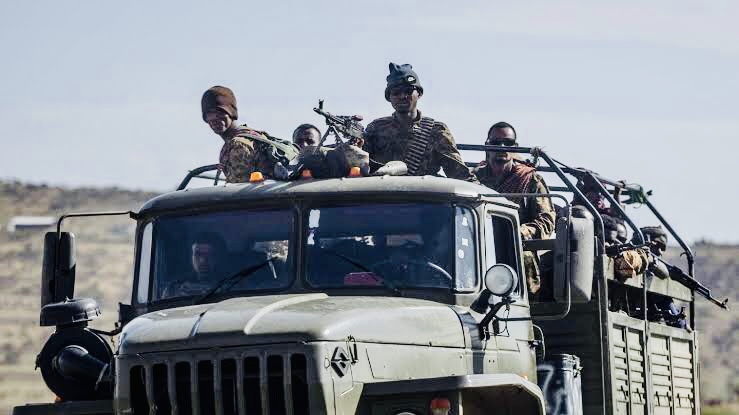
In December , witnesses and an Ethiopian official reported that Eritrean soldiers were leaving Shire and two other major towns, but many ended up staying behind.
A senior Ethiopian military officer, while briefing foreign officials on Saturday, denied the presence of any Eritrean troops.
“There is no other security force in the Tigray region except the Federal Defense Forces,” Major-General Teshome Gemechu said.
A Tigrayan forces mouthpiece, Getachew Reda, quashed claims that the Eritrean troops had left Tigray and said “thousands” were still there.
Previously, the departure of Eritrean troops had been announced several times but remained unverified.
In the two-year conflict in Tigray region, Eritrean troops fought alongside the Ethiopian military and allied militias
In November, however, the Ethiopian government and the Tigray People’s Liberation Front (TPLF) signed a peace deal to put a halt to the hostilities.
That agreement mandated the withdrawal of all foreign and non-ENDF forces from Tigray.
The continued presence of Eritrean troops in Tigray, despite a November cease-fire deal, thus has been seen as a key obstacle to the effective implementation of the peace pact and securing a lasting peace to the Ethiopian conflict.
For weeks now, the US alongside the European Union, have been piling pressure on Eritrea to exit its troops.
US Secretary of State Antony Blinken, in a recent telephone call with Ethiopian Prime Minister Abiy Ahmed, said that the withdrawal of Eritrean troops was key to securing a sustainable peace in northern Ethiopia, and urged access for international human rights monitors.
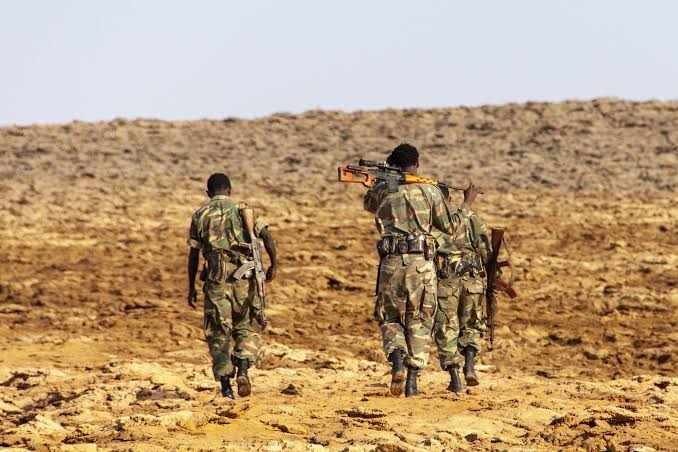
The withdrawal has neither been confirmed by the peace deal signatories nor the agreement’s observation mission.
The Pretoria agreement details that the disarmament of TPLF’s heavy weapons would be done concurrently with the withdrawal of foreign and non-ENDF forces from the region.
So far, Tigray Forces say they have already done their part as they have begun handing over heavy weapons.
Essentially, a lack of commitment to withdraw Eritrean troops will put at risk the already fragile peace deal, says William Davison, Senior Analyst for Ethiopia at the International Crisis Group (ICG).
“If Eritrea does not withdraw its forces, then Ethiopia’s government will have to ensure that occurs,” William said.
“Should Eritrean forces not leave, then Tigray’s leaders may well not comply with key parts of the agreement, increasing the risks of a catastrophic return to war,” he added.
The Tigray war, which began in November 2020, has claimed the lives of over 600,000 people and forced millions to flee their homes.


